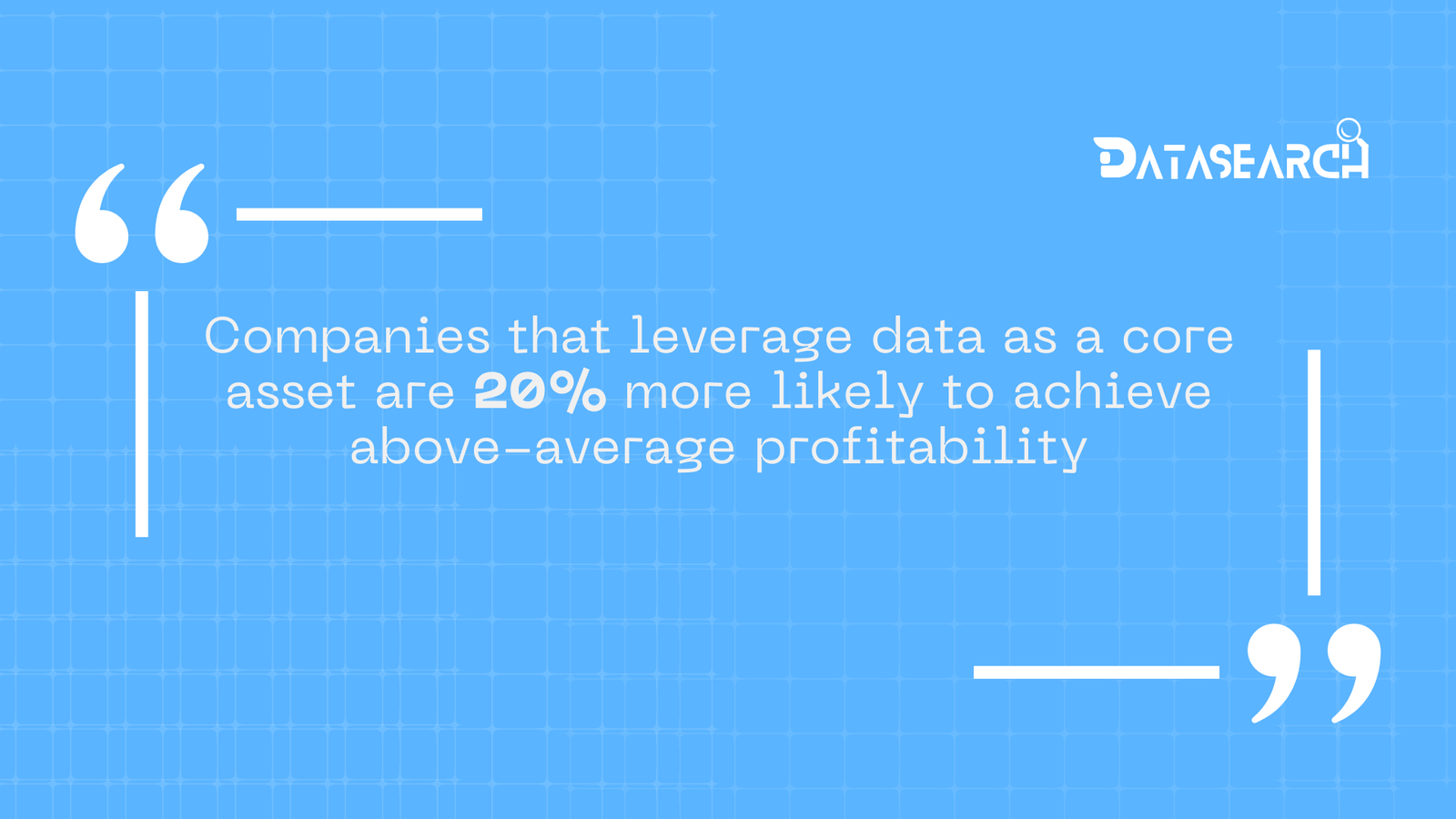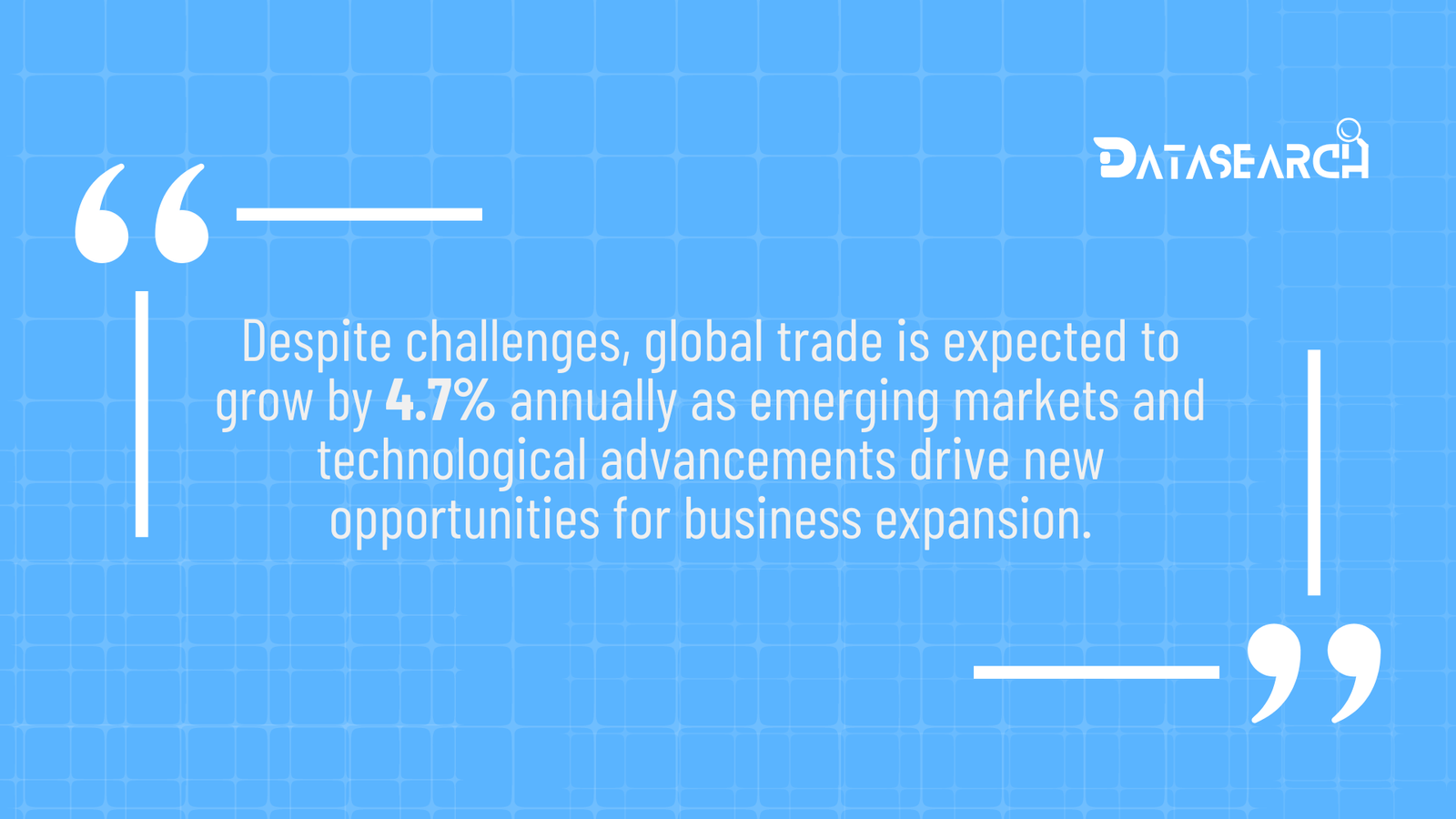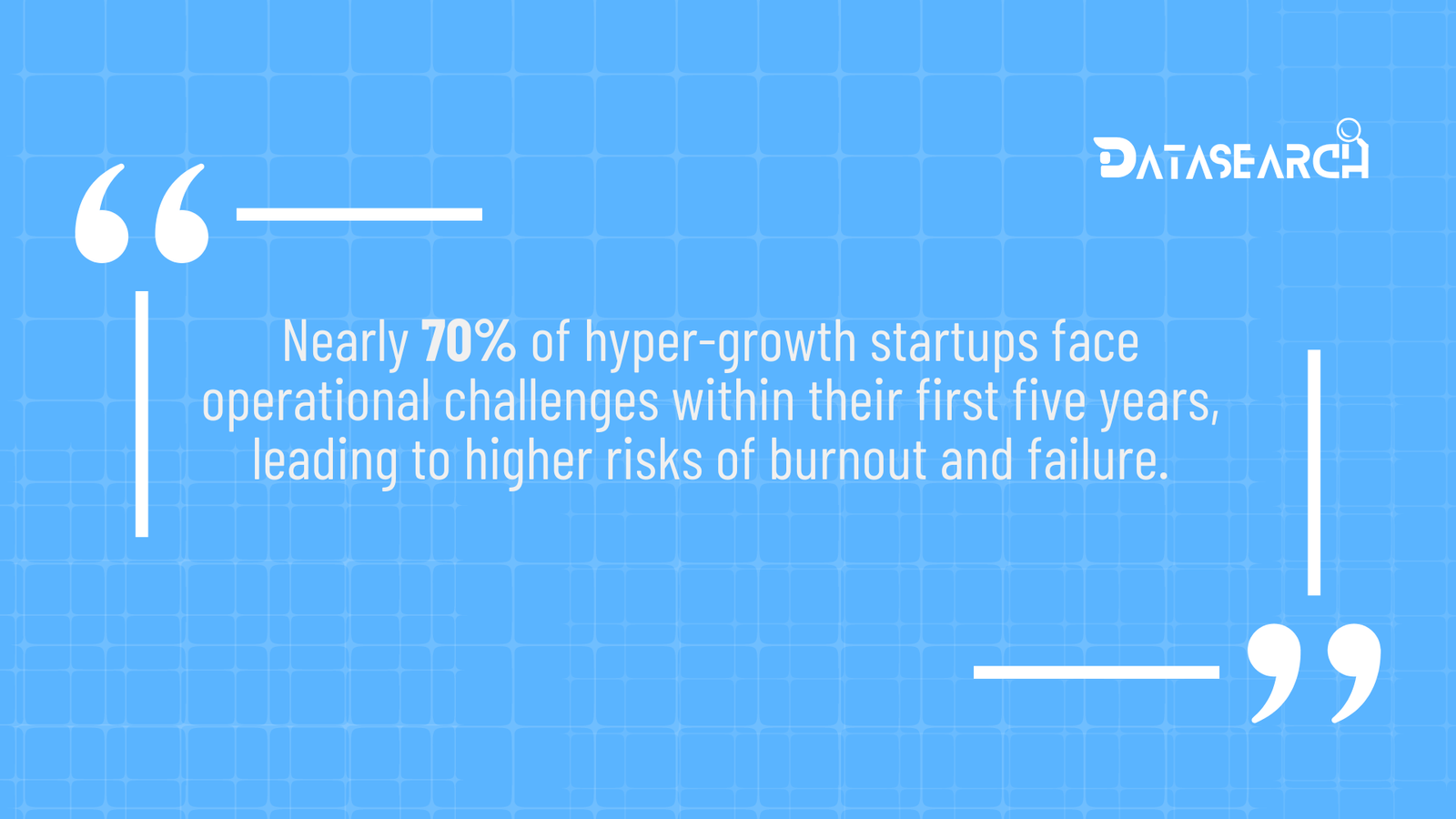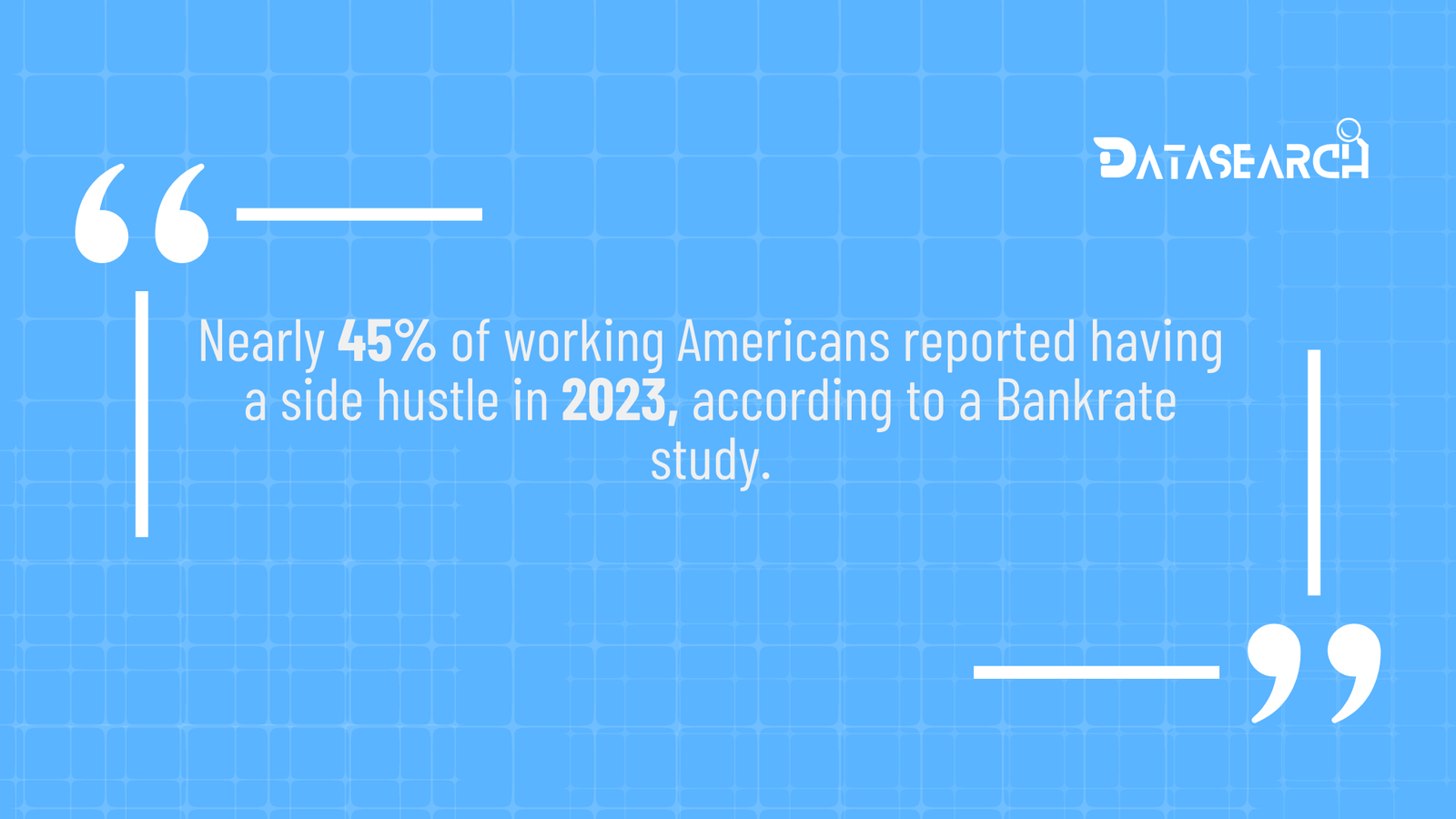In the digital age, data has become a vital resource, powering businesses, governments, and industries alike. The concept of data as a currency suggests that information now holds similar value to traditional financial assets, driving economic activity and shaping the modern marketplace. From personalized marketing to AI-driven decision-making, data is traded, analyzed, and monetized to create value and fuel innovation. This article explores how data powers the modern economy and why its proper management is critical for long-term success.
1. The Value of Data in the Modern Economy
In today’s connected world, data is often regarded as the “new oil”—a valuable resource driving growth and competition. Companies use data to gain insights into consumer behavior, optimize operations, and uncover market opportunities. Unlike traditional commodities, data can be collected, stored, and used repeatedly without being depleted. As more businesses become data-centric, the value of data as a currency continues to rise.
💡 Fact: A report by PwC estimates that the global data economy will be worth over $3 trillion by 2030.
2. Data as an Exchangeable Asset
Like currency, data is exchanged between companies in various ways. Organizations buy and sell data to gain insights into market trends, customer preferences, and competitive landscapes. Data brokers, analytics firms, and third-party providers specialize in trading data, offering businesses a wide range of datasets that fuel targeted advertising, product development, and business intelligence.
📊 Example: Retailers often purchase consumer data from third-party sources to refine their marketing strategies, tailoring promotions to specific audience segments based on purchase behavior and demographic data.
3. Driving Innovation Through Data
Data is the backbone of innovation in nearly every industry. Companies leverage data to create new products, optimize existing services, and automate processes. For example, artificial intelligence (AI) systems rely on large datasets to “learn” and make decisions, while predictive analytics help businesses forecast trends and adapt their strategies. The ability to harness data for innovation enables companies to remain competitive and future-ready.
🚀 Pro Tip: Organizations that invest in data-driven innovation often see higher profitability, with McKinsey reporting that data-driven companies are 23 times more likely to acquire customers.
4. Monetizing Data: Turning Information into Revenue
Data has emerged as a significant revenue stream for many businesses. From selling anonymized consumer data to licensing proprietary datasets, companies are finding creative ways to monetize their data. Additionally, many digital services—like search engines, social media platforms, and mobile apps—offer “free” services in exchange for data. By collecting and analyzing user data, these companies create value for advertisers, fueling the digital advertising economy.
💼 Insight: Facebook and Google generate billions of dollars in advertising revenue by monetizing user data to serve targeted ads that are highly relevant to individual users.
5. Data’s Role in Personalization and Customer Engagement
One of the most powerful applications of data is personalization. Companies use customer data to tailor experiences, making their products and services more relevant to individual preferences. This level of personalization enhances customer satisfaction and loyalty, driving higher engagement rates. From personalized emails to product recommendations, businesses rely on data to deliver meaningful interactions that resonate with their audience.
🎯 Tip: E-commerce giants like Amazon leverage data to offer highly personalized shopping experiences, increasing customer retention and driving sales through targeted recommendations based on past purchases and browsing history.
6. Risks and Responsibilities in a Data-Driven Economy
While data is a valuable asset, it also comes with significant risks. As companies collect vast amounts of personal information, they must navigate complex data privacy regulations like GDPR and CCPA. Mishandling data can result in data breaches, loss of consumer trust, and hefty fines. The rise of the data economy has put a spotlight on the need for robust data governance, ethical data use, and transparency.
🔐 Pro Tip: Implementing strong data governance policies is critical to maintaining customer trust, ensuring compliance with regulations, and minimizing the risks associated with data misuse.
7. The Future of Data as Currency
As the digital economy grows, data will continue to evolve as a currency, driving business models, market strategies, and economic progress. Emerging technologies like blockchain and decentralized data marketplaces are poised to change how data is exchanged, offering more transparent, secure, and efficient ways to monetize and share information. Companies that can adapt to this new landscape, harnessing the power of data while prioritizing privacy and security, will be well-positioned for future success.
📈 Insight: Decentralized data marketplaces are on the rise, allowing individuals to control and sell their personal data directly to companies, potentially reshaping how data is traded in the future.
How DataSearch Can Help You Maximize the Value of Data as Currency
At DataSearch, we provide businesses with the tools and insights needed to harness the full potential of their data. Our platform offers access to high-quality, relevant data, advanced analytics, and AI-driven insights, empowering companies to turn data into actionable strategies. Whether you’re looking to personalize customer experiences, drive innovation, or unlock new revenue streams, DataSearch.pro can help you navigate the complexities of the modern data economy.
Ready to unlock the full potential of your data? Visit our website today to discover how DataSearch can help your business thrive in the data-driven economy.




